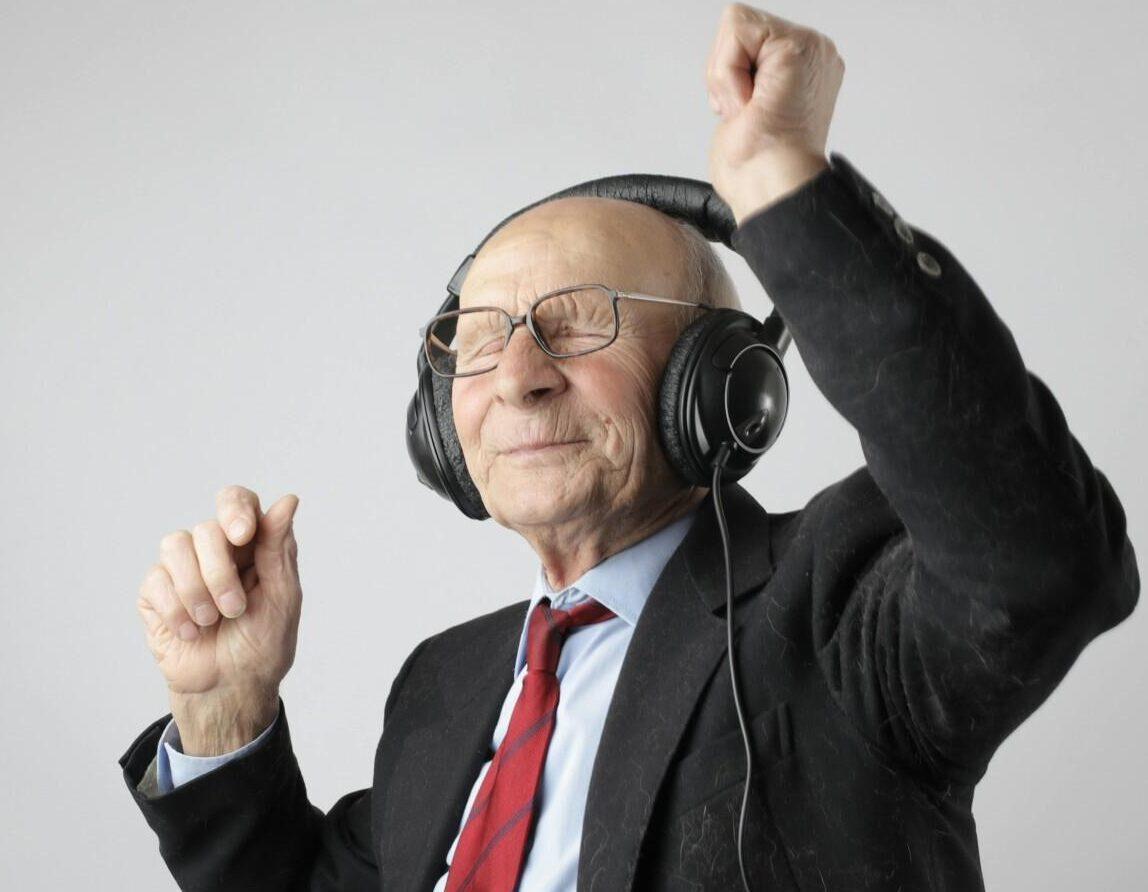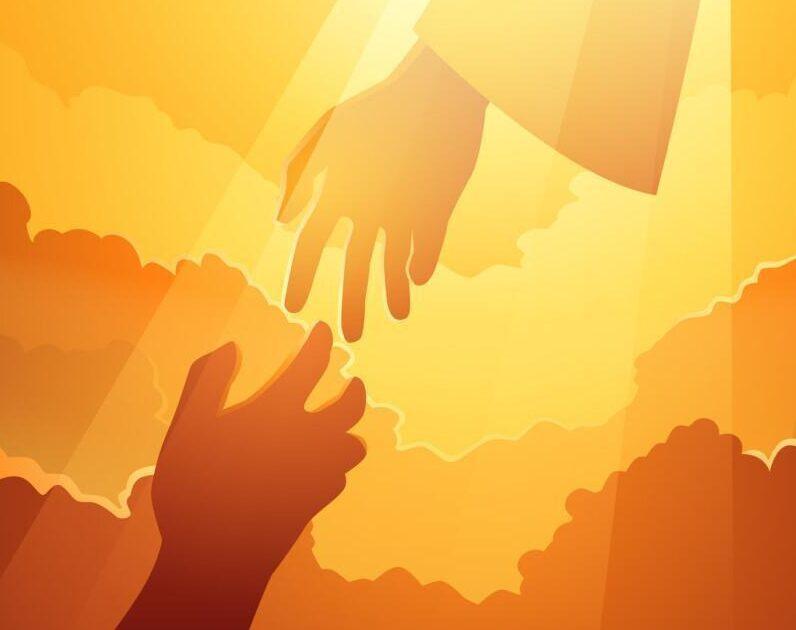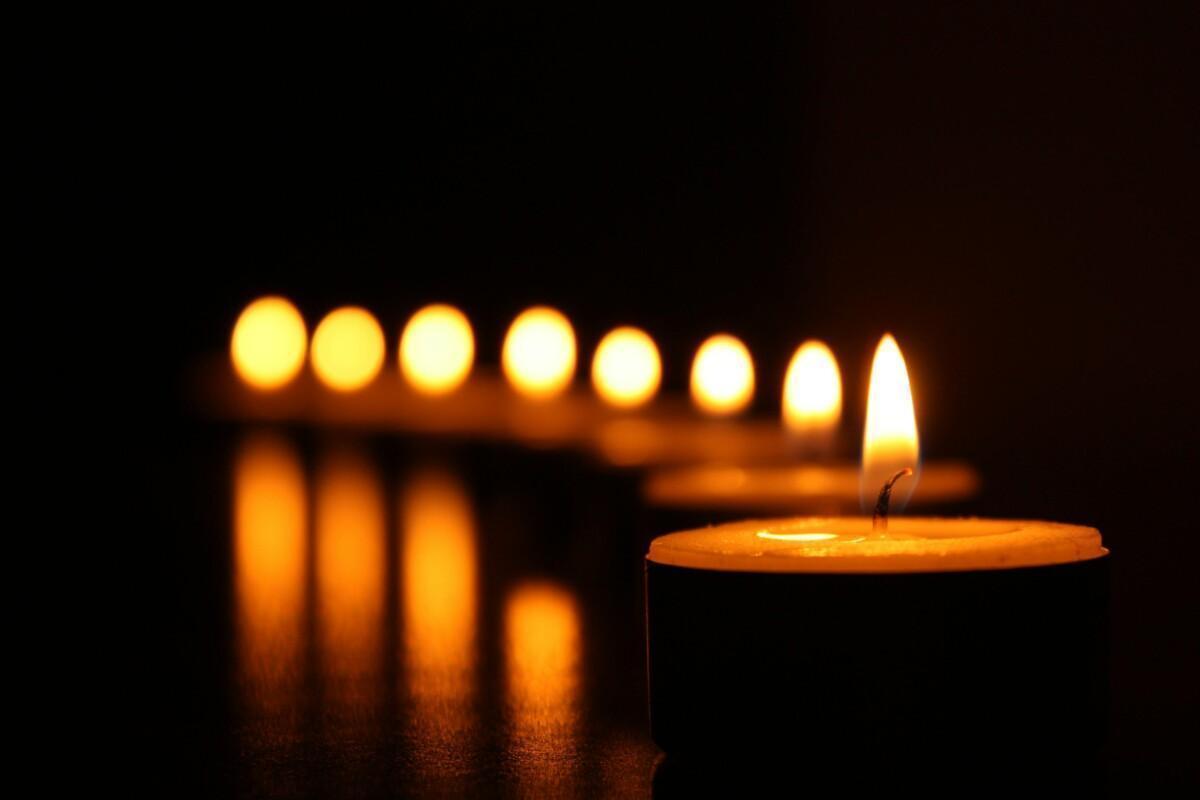
Photo by Andrea Piacquadio/Pexel Stock
By Drew Isserlis Kramer
Jewish people have a relationship with the b’nai mitzvah tradition. For some, the milestone comes with reverence, but for others a twinge of regret. Hopefully, the first experience of reading the Torah on the bema will launch a lifelong call to Judaism. However, for some Jewish adults, complicated feelings can linger. Perhaps the synagogue didn’t allow a woman to read from the Torah. Maybe the pressure of secular academics made religious study feel like a pain. Did parental pressure outweigh personal spiritual questioning? Did the moment pass without celebration, or did the glitz and glam of the party overshadow the true meaning now realized? Whether the memory of the b’nai mitzvah past prompts feelings of nostalgia or remorse, fear not. For many adults, there is an opportunity for a do-over.
Psst…A B’nai Mitzvah Throwback of Famous Celebs
A Talmeudic Tradition
While the “second b’nai mitzvah” might feel like a passing trend, it is actually a long-standing Jewish tradition. One can choose to chant the Torah to honor any number of b’nai mitzvah anniversaries, but the most common milestone is 70 years after reaching the age of 13. The reason many Jewish seniors chant their b’nai mitzvah parsha at age 83 is not arbitrary. To understand the custom, Jews look to the books. Psalm 90 of the Hebrew Bible laments the short 70 year span of human life, which passes quickly and often with struggle. From this passage, the number 70 takes on significance in Judaism. To celebrate the 70 year anniversary of one’s b’nai mitzvah is a blessing beyond expectation. Moreover, in some Jewish circles, to reach 83-years old can be considered reaching 13 in a second lifetime. As more people live longer, healthier lives, this ritual is becoming more common.
An Act of Free Will
Those fortunate enough to experience this honor of long life do so under vastly different terms than their first call to the Torah. Without the strong societal and parental pressures associated with the first go-round, this event is an act of free will. The motivation to have a second b’nai mitzvah comes from the individual’s desire to reaffirm religious affiliation. If the ceremony includes a d’var Torah (or speech), the event becomes all the more poignant as the b’nai mitzvah reflects on a lifetime grappling with spiritual and religious identity.
A Snapshot of the Jewish Experience
An 83-year-old in 2024 celebrated a b’nai mitzvah in 1954. Born in 1941, this group of octogenarians belongs to The Silent Generation, generally defined as people born from 1928 and 1945. Coming of age as Jews in postwar America, this group coped with the aftermath of the Holocaust, as well as the Jewish flight from intergenerational tenaments in cities to the sprawl of the suburbs.The b’nai mitzvah tradition became a central component of keeping Judaism alive in the wake of upheaval and change. The Silent Generation’s first b’nai mitzvah bears little resemblance to the pomp and circumstance of today’s celebrations. A second b’nai mitzvah can serve as an opportunity to reflect on the history of the tradition, the Jewish American story and the importance of keeping the covenant alive for generations to come.
A Celebration of Life
Whether it is the first or second time around, the b’nai mitzvah is a celebration of life and the passage of time. In the first b’nai mitzvah, family and friends gather to mark the end of one chapter – the passage of childhood into adulthood. The child’s community comes together with awe, marveling at the miracle of growth and anticipating the joy of graduation, marriage and birth to come. By rooting life milestones in Jewish tradition, the family hopes to assign deeper meaning to the highs and lows of life. However, what the b’nai mitzvah child does with that hope is still unrealized. A second b’nai mitzvah comes with hindsight. While one’s relationship to religion can ebb and flow, at the sunset of life, this individual chose to celebrate a lifetime lived Jewishly. The occasion gives the individual an opportunity to reflect on his or her life experience and the importance of Judaism in that journey. It is also a rare moment to assemble and honor the family and friends that came along for the ride. Surrounded by the warmth of cherished community, the second b’nai mitzvah celebrates wisdom, enduring faith and a profound sense of gratitude for the blessings of yesterday, the joys of today, and the promise of tomorrow.





